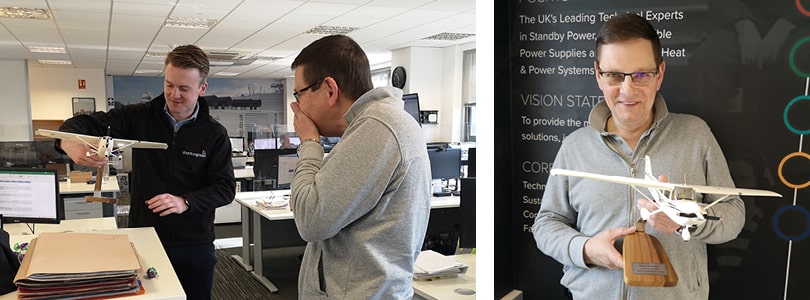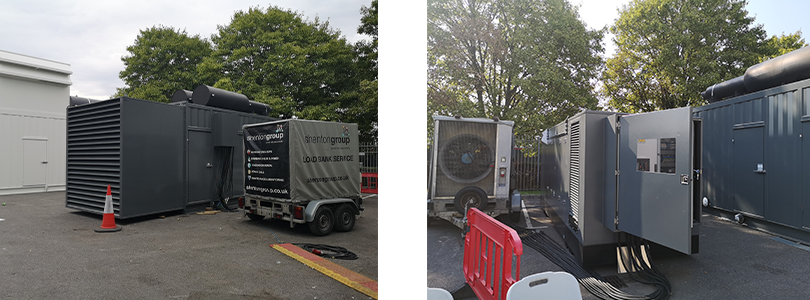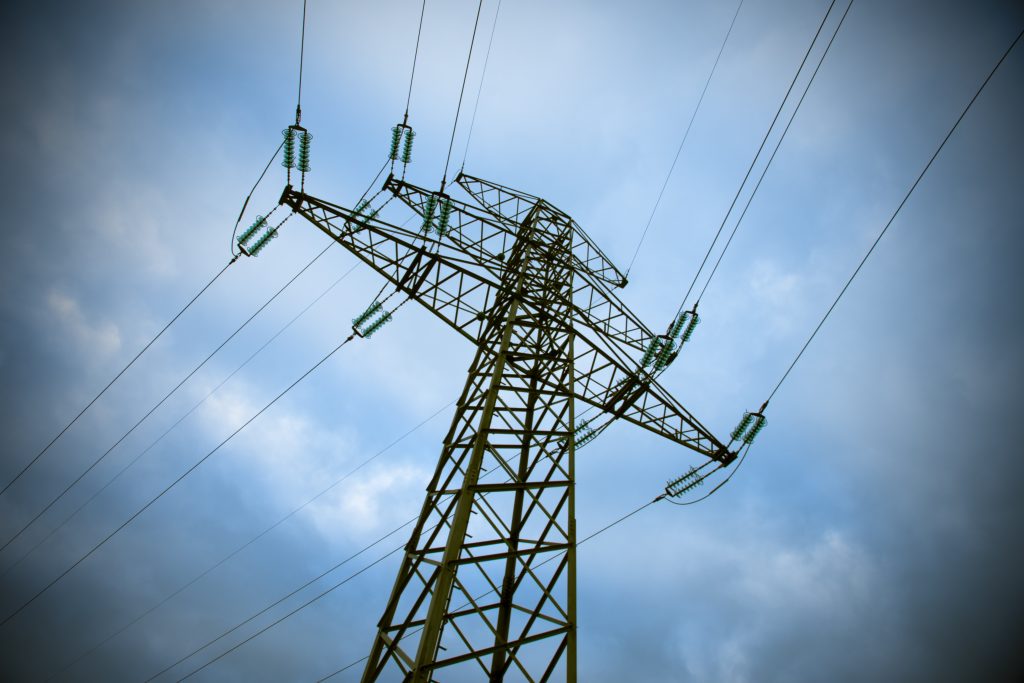Energy security is an important consideration for businesses and organisations that rely on continuous power. Consider the stakes that are currently ongoing with the NHS heading towards full capacity and the huge impact that any interruption to power supply would cause.
Likewise, in supermarkets, the stress, aggravation and reputational damage that would occur in the event that they have to shut up shop due no power, would be a PR nightmare. There are countless examples of situations where power supply is taken for granted until something goes wrong.
Energy security involves minimising risk by updating or renewing infrastructure, adopting safe and secure technology and being able to switch to another resource in the event that there is a mains failure. Securing energy supply is essential and having a backup plan for the worst-case scenarios, has never been more important.
What is Energy Security?
Energy security is having a reliable backup power supply available in the event that mains power is lost by surges, spikes and outages. Generators and UPSs are often utilised to ensure there are no interruption to day to day business, which is vital for sectors such as healthcare, telecoms, data centres and finance.
An Energy Security Strategy is Crucial
For many organisations reliant on continuous power, an energy security strategy is fundamental to make sure they can continue to operate even in the event of a mains power failure. At Shenton Group, we provide businesses and organisations with reliable solutions and on-going support for backup generators and continuous power systems such as UPS.
We help organisations become more robust in uncertain times, safeguarding them from failures in energy infrastructure, extreme natural events, when demand outgrows supply and when energy resources are depleted.
Secure & Low Carbon Combined Heat & Power Systems
Where there is electrical and heat demand, it is possible to install CHP infrastructure to generate power independently on-site. Producing power on-site, and in this way is more efficient as you can harness the heat produced in the process of creating electricity.
With the National Grid becoming ever more unreliable with power cuts happening more frequently across the UK, organisations are investing in their own power solutions to ensure greater power security.
Diversifying Energy Supply
CHP systems are worth considering when it comes to assessing energy security. Producing your power on site independently not only increases your energy security but it is also a more efficient way to produce your energy, benefits include reductions on your energy costs and carbon footprint.
Our energy experts at Shenton Group help leverage CHP to enable organisations to generate additional revenue by selling surplus energy supply back to the National Grid.
By diversifying energy supply, it is possible to secure the ability to rely on a domestic supply that you are in control of, gaining access to emergency stocks and enhancing the overall resilience of your organisation.
Energy ‘Insurance’ in Challenging Times
For some organisations dependent on power, being reliant on the UK’s production capacity is no longer worth the risk. The National Grid regularly put out advanced notices of energy shortfalls when renewable sources aren’t producing sufficient supply. Although this generally amounts to nothing, when you are wholly reliant on power to operate, why take the risk when you can have energy security infrastructure in place?
Given the frequency of the warnings put out by the National Grid, customers often turn to Shenton Group for backup generator and UPS systems, preventing fallout with widespread power problems, as seen back in August 2019.
It isn’t just power cuts that cause issues, spikes and surges cause damage to IT, medical and manufacturing equipment. UPSs protect customers from mains related power problems and ensure there is no break in power. With remote monitoring and ongoing maintenance services available, the team at Shenton Group are on hand to ensure that your power equipment remains reliable around the clock. For more information on our maintenance packages and to discuss your energy resilience strategy, get in touch today.
Help Secure Future Power Supply with UPS
UPS is the ultimate tool in terms of energy security. During that handful of seconds when a generator starts to take the full electrical load, the UPS provides access to power ensuring there is no break in power and provides protection from any serious consequences. Shenton Group specialises in UPS and are known in the industry as the UK’s Leading Technical Experts.
For clients with a dependency on continuous power, we have UPS solutions available to prevent any power supply implications such as power failure, under-voltage and power surges.
Time to Review Your Energy Security Strategy?
As the UK moves towards a greener future with the electricity grid less reliant on traditional fossil fuel-fired power stations, there are power challenges ahead meaning it might be the right time to review your energy security.
- The diversification of energy supplies from power plants to cleaner methods may lead to capacity issues.
- According to some sources, 70% of natural gas will be imported to the UK by 2025 meaning power supplies might be impacted by the supply chain.
Protect Your Power Supply with a Solution from Shenton Group
We provide FREE no obligation site surveys to assess your site so we can accurately recommend solutions that fit your needs.
If you have a need for power and heat, our technical team will run calculations to establish if CHP would be a viable option for you. Or if you are looking to improve your power security, we can advise on the most suited power solution for your needs be it generator and/or UPS. Being a manufacturer, and having accesses to leading equipment, we can design a bespoke solution specific to your needs.
Whatever the challenges you face are, speak to us today to arrange a free site visit or to discuss the potential avenues available to improve your energy security.
For further reading visit our white papers on:
Disaster Recovery Planning – how to create a resilient strategy
How important is power continuity to your business?





















